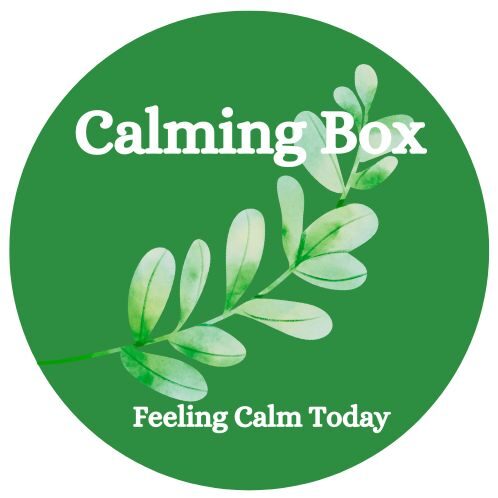Want to know how to nip self criticism in the bud to feel better?
Learn and grow by creating your own calming box of tools to find sustainable peace and joy in your beautiful life.
The Cognitive System Behind Self-Criticism
Your cognitive system encompasses the mental processes that underlie your thoughts, perceptions, and decision-making. Self-criticism is rooted in distorted cognitive patterns, which become ingrained. Here are some cognitive distortions that contribute to self-criticism:
- All-or-Nothing Thinking: This involves seeing things in black-and-white terms. If something isn’t perfect, it’s seen as a total failure. For example, if you make a minor mistake at work, you might think, “I’m completely incompetent.”
- Mental Filter: Focusing on a single negative detail and dwelling on it exclusively. If you receive one piece of critical feedback amidst positive reviews, you might fixate solely on the negative comment.
- Disqualifying the Positive: Rejecting positive experiences or achievements by insisting they don’t count. Even when you do well, you might think, “That was luck,” or “Anyone could have done that.”
- Jumping to Conclusions: Making negative assumptions without evidence. You might assume someone is upset with you without any real indication, leading to unnecessary self-blame.
- Should and Must Statements: Holding yourself to rigid standards and punishing yourself when you don’t meet them. For instance, “I should always be successful,” or “I must never make mistakes.”
- Catastrophizing: Expecting the worst possible outcome from a situation. A small error might lead you to believe it will result in catastrophic consequences.
The Impact of Constant Self-Criticism
- Mental Health: Persistent self-criticism is linked to depression, anxiety, and other mental health issues. It creates a negative feedback loop that is hard to escape.
- Self-Esteem: Regularly criticizing yourself erodes your self-esteem, making it difficult to recognize your worth and accomplishments.
- Relationships: Self-criticism spills into your relationships, causing you to seek constant reassurance or become overly sensitive to perceived slights.
- Performance: Self-criticism impairs performance. The fear of making mistakes leads to procrastination, reduced creativity, and a lack of confidence.
Strategies to Combat Self-Criticism
Breaking the cycle of self-criticism involves reshaping your cognitive system to foster self-compassion and realistic thinking:
- Recognize Cognitive Distortions: Start by identifying the cognitive distortions that fuel your self-criticism. Awareness is the first step toward change.
- Challenge Negative Thoughts: When you notice self-critical thoughts, question their validity. Ask yourself, “Is this thought based on facts, or is it a distortion?”
- Practice Self-Compassion: Treat yourself with the same kindness and understanding you would offer a friend. Everyone makes mistakes and that ‘s part of being human.
- Reframe Your Thinking: Replace self-critical thoughts with balanced and constructive ones. For example, instead of thinking, “I’m a failure,” try, “I made a mistake, but I can learn from it and improve.”
- Set Realistic Standards: Adjust your expectations to be more realistic and achievable. Understand that perfection is unattainable and it’s okay to have setbacks.
- Seek Support: Talking to a therapist or counselor can provide valuable insights and strategies to manage self-criticism. Keep finding what works for you.
Conclusion
Self-criticism is a formidable foe thriving on your distorted cognitive patterns. By understanding these patterns and actively working to change them, you can break free from the chains of self-criticism. Embrace self-compassion and realistic thinking.Your personal growth comes from recognizing and learning. You do not need to continue with self-condemnation.Self-doubt is a common debilitating aspect of our internal dialogue. It ranges from mild self-reproach to severe self-condemnation, affecting our mental health, self-esteem, and overall well-being. Understanding the cognitive systems that fuel constant self-criticism help us break free from this harmful pattern and foster a more compassionate relationship with ourselves.. Start your journey towards a kinder and more supportive relationship with yourself today. Create your freedom and your foundation of calm.

